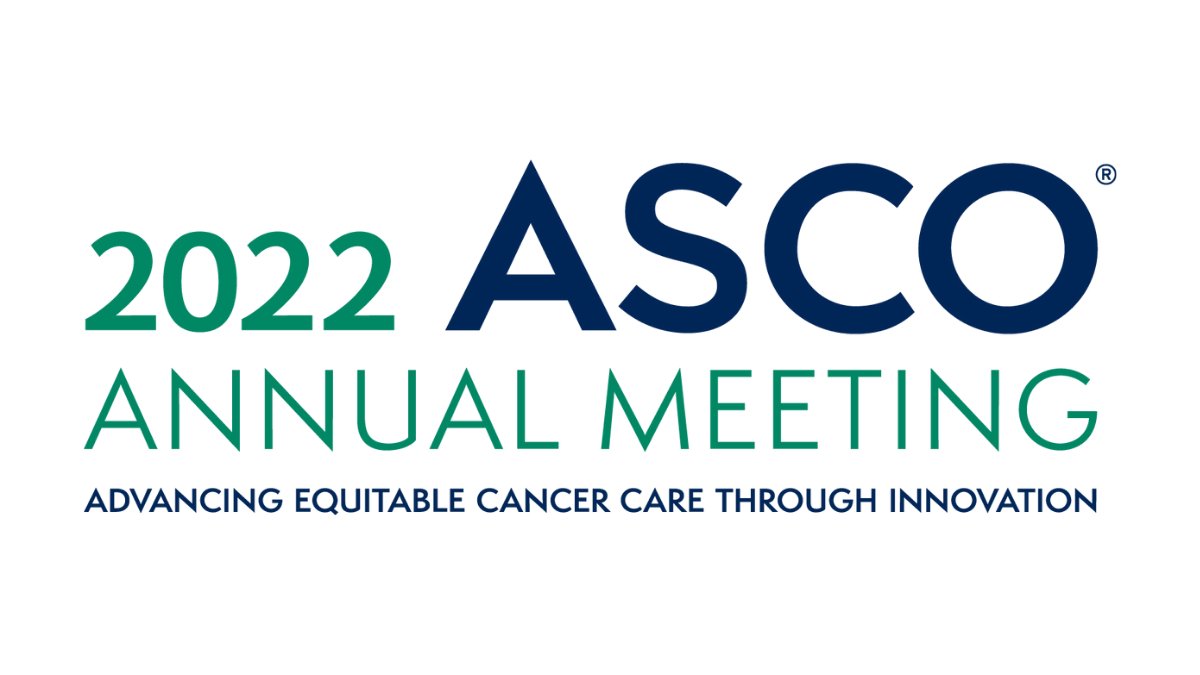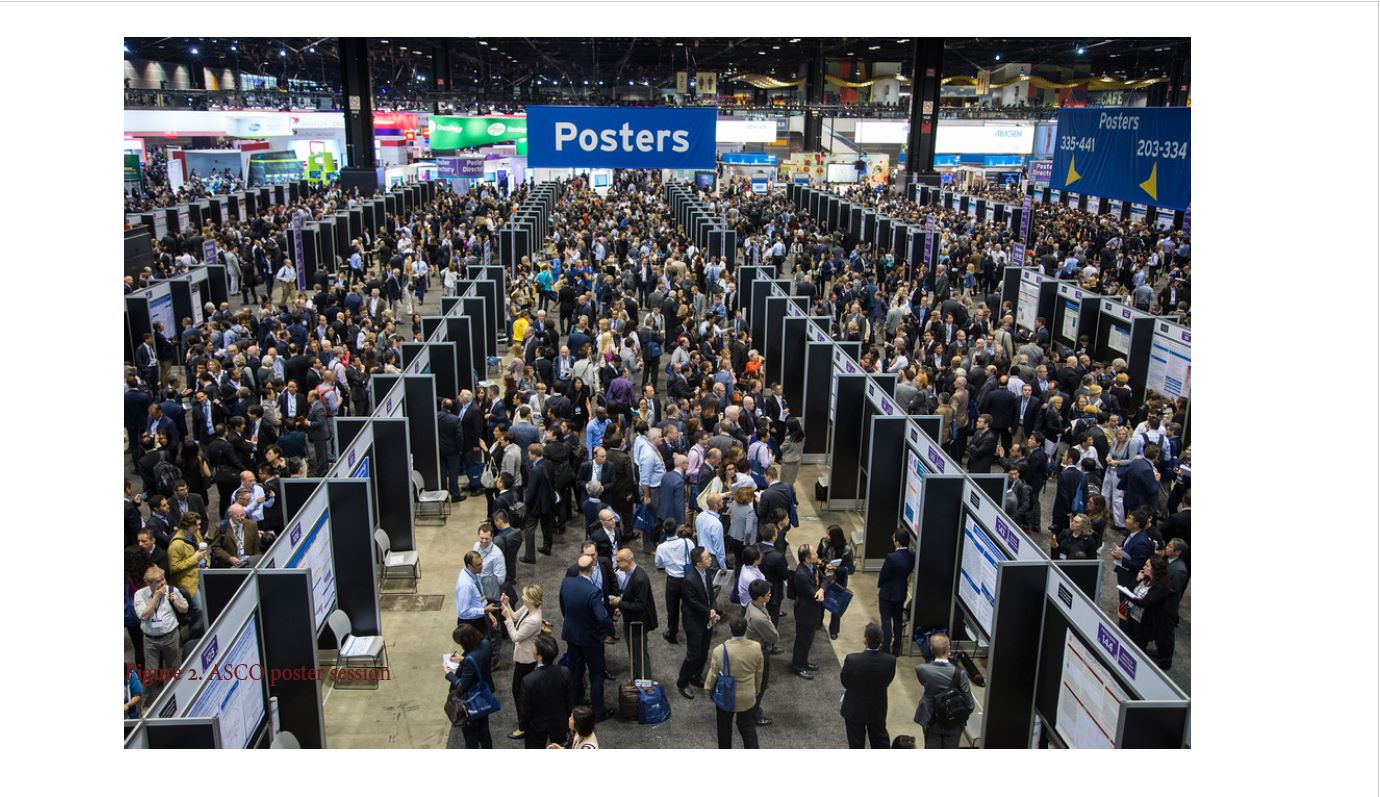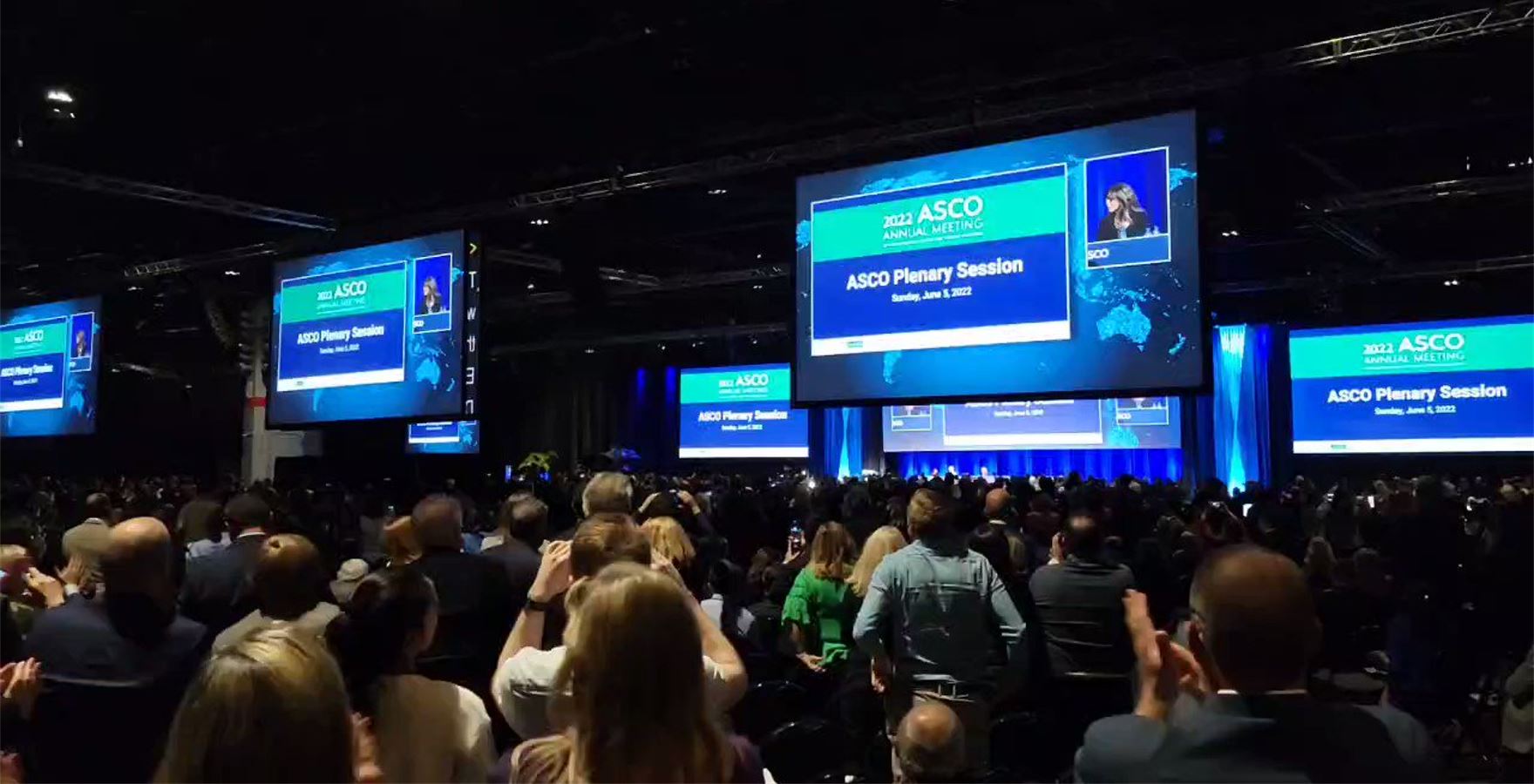Kidney Cancer Research Highlights from ASCO 2022 Annual Meeting
Yasser Ged,1 and Nirmish Singla2,*
1) Department of Oncology, The Johns Hopkins University School of Medicine, Baltimore, MD, USA
2) Department of Urology, The James Buchanan Brady Urological Institute, The Johns Hopkins University School of Medicine, Baltimore, MD, USA
ABSTRACT
ABSTRACT The 2022 American Society of Clinical Oncology (ASCO) annual meeting was held June 3-7, 2022, in Chicago, Illinois. This hybrid meeting gathered international cancer experts across multidisciplinary specialties and was held both virtually and in-person. Here, we highlight key kidney cancer research updates presented at the meeting. Slides from the meeting’s presentations are available on the ASCO meeting library website.
INTRODUCTION
Adjuvant Therapy Updates Locally advanced kidney cancer has traditionally been managed surgically alone1. However, approximately 30% of patients develop recurrent metastatic disease after surgical resection despite curative intent, and the optimal approaches to integrate surgery with systemic therapies in a neoadjuvant or adjuvant approach to reduce the risk of recurrence has been an area of active research.2 The U.S. Food and Drug Administration (FDA) has approved two adjuvant therapies in renal cell carcinoma (RCC) thus far, including sunitinib in 2017 and most recently pembrolizumab in 2021.3,4 The use of adjuvant sunitinib has been limited despite FDA approval because of its increased toxicity and lack of overall survival benefit.5 Pembrolizumab is the first approved adjuvant immunotherapy for clear cell RCC patients with intermediate-high or high risk of recurrence after nephrectomy based on the phase 3 doubleblind, multicenter, randomized KEYNOTE-564 study (NCT03142334).4

.
Updated analysis from KEYNOTE-564 was presented at the meeting evaluating the time to first subsequent drug treatment or any-cause death (TFST) and time from randomization to progression on next line of therapy or any-cause death (PFS2) after treatment with pembrolizumab or placebo in the study.6 Overall 67 patients (13.5%) in the pembrolizumab group and 99 patients (19.9%) in the placebo group received ≥1 line of subsequent anticancer drug therapy. A total of 108 PFS2 events were observed, 40 (8.1%; 12 death events and 28 progression events) in the pembrolizumab group and 68 (13.7%; 14 death events and 54 progression events) in the placebo group. PFS2 was also delayed with pembrolizumab compared with placebo (HR, 0.57; 95% CI, 0.39-0.85; medians not reached). The authors concluded that treatment with adjuvant pembrolizumab reduced risk for TFST and PFS2 compared with placebo. LITESPARK-022 (NCT05239728) is the next iteration of the KEYNOTE-564 study which is a phase 3 study designed to compare the efficacy and safety of belzutifan plus pembrolizumab with that of placebo plus pembrolizumab as adjuvant treatment for clear cell RCC after nephrectomy, and this study is currently actively enrolling.

.
Multiple adjuvant and neoadjuvant vascular endothelial growth factor tyrosine kinase inhibitors (VEGF-TKIs) studies in RCC were reported previously.5 To better understand the role of mammalian target of rapamycin (mTOR) inhibitors in the adjuvant setting, the Southwest Oncology Group (SWOG) launched the phase 3 study of everolimus in treating patients with kidney cancer who have undergone surgery (EVEREST) study (NCT01120249), which was reported at ASCO 2022.7 Individuals with clear or non-clear cell RCC immediately post-nephrectomy whose tumors show intermediate high-risk to high risk features were included in the study. Between 4/2011 and 9/2016, 1545 patients were randomized to e ither 1 2 m onths o f a djuvant e verolimus (n = 7 75) o r placebo (n = 7 70) including 83% w ith clear cell RCC and 17% with non-clear cell RCC. With a median follow-up of 76 months, the recurrence free survival was improved with everolimus compared to placebo (HR 0.85, 95% CI, 0.72 – 1.00; P (one sided) = 0.0246), narrowly missing the pre-specified, one-sided significance level of 0.022 which accounted for interim analyses, and the effect of everolimus was especially pronounced in patients with very high risk disease. Adverse events were consistent with safety profiles of everolimus, although there was a high discontinuation rate of everolimus in this population (47%).

.
First Line Metastatic Kidney Cancer Treatment Updates The first line treatment landscape of metastatic RCC has rapidly evolved in recent years.8 New updates on some of the registration first line metastatic RCC studies were presented during the meeting. The CheckMate 9ER trial is a phase 3 trial which compared nivolumab plus cabozantinib versus sunitinib in patients with untreated advanced clear cell RCC and demonstrated superior overall survival (OS), progression free survival (PFS) and objective responses of the nivolumab plus cabozantinib combination9. Updated analysis from the depth of response was presented at ASCO 2022.10 Patients’ responses were classified as complete response (CR) or partial response (PR) subdivided by a tumor reduction of ≥80%–<100% (PR1), ≥60%–<80% (PR2), or ≥30%–<60% (PR3). Overall, greater proportions of patients receiving nivolumab plus cabozantinib had deeper responses versus sunitinib (CR, PR1, PR2), and deeper responses with nivolumab plus cabozantinib were associated with improved 12-months PFS rate versus sunitinib for CR (94.9% vs 82.4%), PR1 (81.3% vs 37.5%), and PR2 (72.1% vs 53.2%).
.
Updates on health-related quality of life (HRQoL) from the CheckMate-214 phase 3 clinical trial, which compared nivolumab plus ipilimumab versus sunitinib in patients with untreated advanced clear cell RCC, were also presented during the meeting.11,12 As previously reported, nivolumab plus ipilimumab was associated with improved HRQoL compared to sunitinib. At ASCO 2022, the investigators reported on a post-hoc analysis on the prognostic ability of HRQoL to inform the risk of disease progression or death. The results of the analysis showed that higher (better) baseline scores were associated with significantly reduced risk of death (HR [95% CI] for FKSI- 19 Total Score and DRS score was 0.83 [0.80-0.87] and 0.80 [0.76-0.84], respectively). Furthermore, patients with improved/stable HRQoL had a 52% reduction in risk of death compared to patients who had worsened (HR 0.48 [95% CI: 0.39-0.59]).
.
Post-hoc exploratory analyses of PFS2 were conducted in the KEYNOTE 426 (phase 3 study comparing pembrolizuamb plus axitinib versus sunitinib in patients with untreated advanced clear cell RCC)13,14 and the CLEAR (phase 3 study comparing pembrolizumab plus lenvatinib versus sunitinib in patients with untreated advanced clear cell RCC)15,16 studies. Both analyses demonstrated prolongation of PFS2 in patients who received pembrolizumab plus axitinib in KEYNOTE 426 study and pembrolizumab plus lenvatinib in the CLEAR study. Novel Kidney Cancer Therapies Highlights Several exciting data were presented on novel therapies in RCC. Batiraxcept is a GAS6-AXL inhibitor, a pathway which is overexpressed in clear cell RCC.17 Interim results of a phase 1b study of batiraxcept plus cabozantinib 60 mg daily were presented at the meeting.18 A total of 26 patients were enrolled in the phase 1b study so far, and the recommended phase 2 dose of batiraxcept was identified as 15 mg/kg every 2 weeks. Encouraging early anti-tumor efficacy results of the combination were observed with an objective response rate of 67% and 6 months PFS of 79%. Hypoxia-inducible factor 2α (HIF-2α) is a key oncogenic driver in RCC.19 Belzutifan is a HIF-2α inhibitor which was recently approved by the FDA for patients with VHL syndrome and currently under investigation in sporadic RCC.20,21 LITESPARK-001 is a phase 1 study which was designed to evaluate belzutifan in heavily pretreated RCC and showed durable antitumor activity and an acceptable safety profile.21 An update of the clear cell RCC cohort in the study with more than 3 years of total followup was presented at the meeting.22 With extended followup of 41 months, the objective response rate was 25% with 80% disease control rate and median PFS of 14.5 months (95% CI, 7.3-22.1). Belzutifan monotherapy continued to show a high rate of disease control and durable responses in this heavily pre-treated population.
.
The CALYPSO study results were presented at the meeting as well.23 This is a randomized phase II study of durvalumab alone or with savolitinib or tremelimumab in previously treated advanced clear cell RCC. Savolitinib is a potent MET inhibitor with established dosing and activity in papillary RCC; however, its role in clear cell RCC is unclear.24 Between 2017 and 2021, 139 patients were randomized across the treatment arms. Savolitinib alone and in combination with duravlumab was associated with modest confirmed response rates (5% and 13%, respectively) compared to confirmed response rates of 10% for durvalumab and 28% for durvalumab plus tremelimumab. All regimens studied in the trial appeared to be safe and tolerable.
SUMMARY
In summary, ASCO 2022 was enriched with novel results and concepts continually expanding the field of kidney cancer research. Indeed, the data presented are both hypothesis-generating and practice-informing. Herein, we highlighted a snapshot of some of the oral presentations from the meeting in the kidney cancer space; however, there are considerably more exciting abstract and poster presentations that are available for review on the meeting’s website. In addition to the scientific content, ASCO 2022 also provided ample opportunities for networking and collaborations among the academic kidney cancer community, with the first in-person option since the beginning of the COVID-19 pandemic.
.
REFERENCES
Correspondence to: Nirmish Singla, MD, MSCS. Departments of Urology and Oncology, The James Buchanan Brady Urological Institute, The Johns Hopkins School of Medicine. Baltimore MD 21287. EMAIL nsingla2@jhmi.edu



